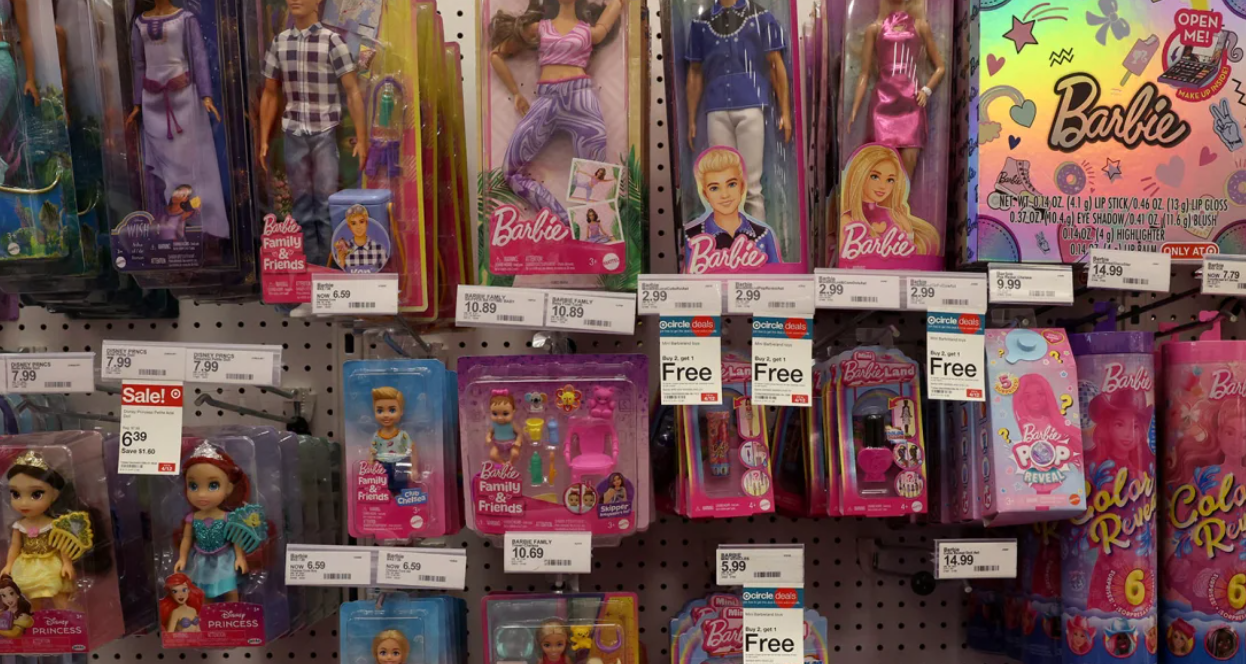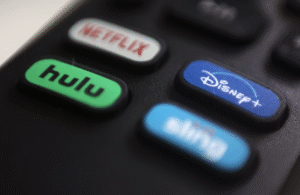President Donald Trump recently warned that his trade war could make items like children’s dolls a bit more expensive — and that prediction appears to be coming true.
Toy giant Mattel, the maker of Barbie and other popular toys, announced in its latest earnings report that it plans to raise prices on toys sold in the U.S. in response to rising tariffs. While the tariffs didn’t affect earnings for the first quarter, the company is now preparing for future impacts by adjusting its supply chain and increasing prices where needed.
In financial terms, “taking pricing action” means consumers will see higher prices on store shelves.
If the trade war continues, toy collections like Barbie and Polly Pocket could become less affordable for many American families. The new 145% tariffs on Chinese goods are hitting the toy industry hard, especially considering that about 80% of toys sold in the U.S. are made in China, according to the Toy Association. Mattel’s Chief Financial Officer Anthony DiSilvestro said the tariffs could cost the company approximately $270 million this year — and that’s before factoring in any efforts to reduce those costs.
Price increases are already being noticed. A pricing review by Telsey Advisory Group showed that a Barbie doll in a swimsuit sold at Target jumped 42.9% in one week during mid-April, climbing to $14.99. It was among the steepest price hikes the firm observed.
CEO Ynon Kreiz told investors that despite the challenges, 40% to 50% of Mattel’s products should still be priced under $20, based on the company’s current projections. Still, he pushed for an international elimination of tariffs on toys and games, arguing that this would maximize access to play for children and families.
Kreiz also highlighted the company’s progress in diversifying its manufacturing. As of February, Mattel was sourcing products from seven countries. He expects China’s share in its global production to drop below 40% by 2025, which is about half the industry average. Furthermore, the company aims to cut U.S. toy imports from China to below 15% by 2026 and under 10% by 2027. As part of this shift, Mattel will relocate production of 500 toys out of China.
The company also joined a growing list of businesses that have paused their financial guidance for the full year of 2025, citing difficulty in predicting consumer behavior — especially during the key holiday shopping season. Industry experts note that pulling annual forecasts can signal major uncertainty, which tends to unsettle investors and analysts alike.














